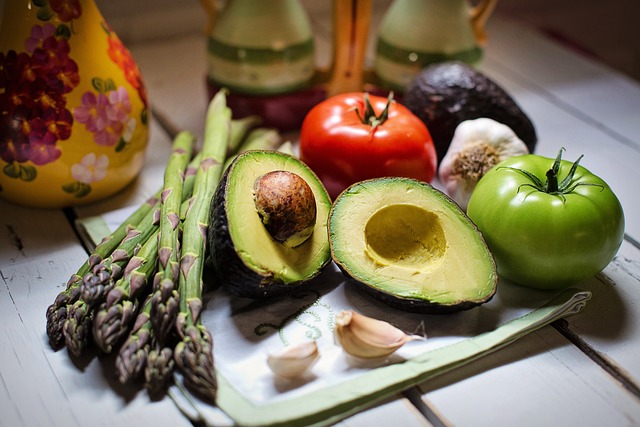In every shared special diet, there is a story that connects people. When it comes to uniting individuals, food serves as the most delicious common ground. Embrace a world where dietary preferences are not only respected but celebrated. It is about honoring your choices and creating exceptional dining experiences.
In this article, we embark on a journey through the diverse world of special diets with a focus on Veganism, Kosher, Halal, and more.
Vegan Diet

A person who does not consume any food derived from animals is known as a vegan. This means they avoid any products produced by animals, such as eggs and milk (which are derived from cows). Vegans also refrain from eating fish or shellfish. It seems that the vegan population is steadily growing as more people voice concerns about meat safety and advocate for animal welfare.
Number of visitors to Japan from the top 20 countries by country region ratio (2018)
| Country Name | Percentage |
| India | 28% |
| Taiwan | 14% |
| Germany | 10% |
| Canada | 9% |
| Singapore | 7% |
| Italy | 7% |
| Thailand | 5% |
| Philippines | 5% |
| United Kingdom | 5% |
According to research conducted by the Japan Tourism Agency, the number of vegetarian and similar travelers in 2018 was approximately 1.67 million, constituting 5.4% of the total visitors to Japan, which reached 31.19 million in 2018.
If you're searching for vegan restaurants in Japan, we recommend using the world's largest vegetarian and vegan restaurant research app, "Happy Cow." As of August 2021, there were a total of 2,687 registered restaurants in Japan. Notably, this number increased by 350 establishments compared to 2020. Explore the diverse culinary landscape and savor a variety of plant-based options across the country.
Kosher Diet

Kosher food, originally a dietary preference followed by Jews, is often seen as a symbol of food safety. Some non-Jews also opt for Kosher food products because they appreciate the stringent processing rules they adhere to. While the availability of Kosher options in Japan may be somewhat limited, with some effort, you can uncover some hidden gems. Additionally, there might be local communities in your area that can provide support for your special dietary needs. We recommend exploring personal blogs created by Jewish individuals living in Japan for valuable insights. To get you started, we've included a blog website for your reference.
Halal Diet

As the number of Muslims traveling to Japan continues to rise, the options for enjoying Halal food have expanded significantly. Japan is now home to approximately 230,000 Muslims, making up 0.5% of the total population. The majority of them are foreigners hailing from South and Southeast Asia, the Middle East, and other parts of Asia.
In Japan, there are thriving Muslim communities where individuals can engage in daily religious activities and conveniently find goods from their home countries at local supermarkets. To help Muslims in Japan discover Halal dining options, the Halal Gourmet website serves as a valuable resource, listing numerous restaurants across different regions that offer delicious Halal choices.
Additionally, local supermarkets in Japan often carry imported meats, primarily sourced from Australia. It's worth noting that the lamb and beef from Australia are guaranteed to be 100% Halal, making them a trusted choice for Muslim friends seeking high-quality Halal products.
Conclusion
In addition to the mentioned special diets, there are other dietary preferences like gluten-free and dairy-free, which you can explore further on the Food Diversity Today website. This platform keeps you informed about the ever-changing culinary scene in Japan.
As a country renowned for 'Omotenashi,' the spirit of hospitality, we are committed to understanding and catering to the diverse dietary needs of our visitors. Together, we are embarking on a journey of learning and growth. Join us in this exploration of flavors, diversity, and care. Food serves as the universal language that connects hearts, cultures, and communities, transcending borders.
Works Cited
Japan Tourism Agency. 飲食事業者等における ベジタリアン・ヴィーガン対応ガイド 観光庁 参事官(外客受入担当) 令和2年4月版. https://www.mlit.go.jp/kankocho/content/001335459.pdf Apr. 2020.
Japanese Halal Association. “About Halal Certification|NPO Japan Halal Association.” Jhalal.com, 2024, jhalal.com/en/halal-cert-en/about-halal-cert-en.
Lilia. “Blue Vagabond.” Blue Vagabond, 2024, blue-vagabond.com/. Accessed 17 Jan. 2024.
Chabad Lubavitch of Japan, Tokyo, https://www.chabad.jp/templates/articlecco_cdo/aid/512168/jewish/Food-Menu.htm. Accessed 17. Jan 2024.


